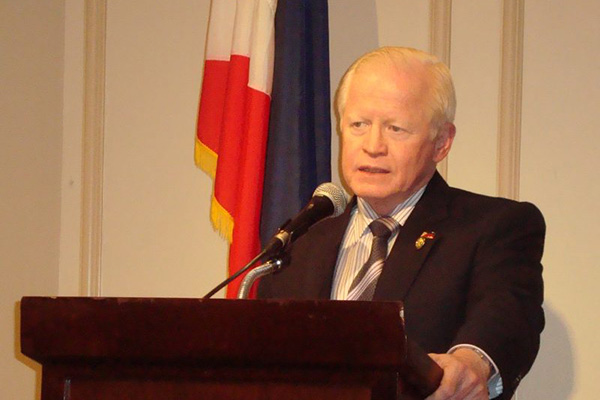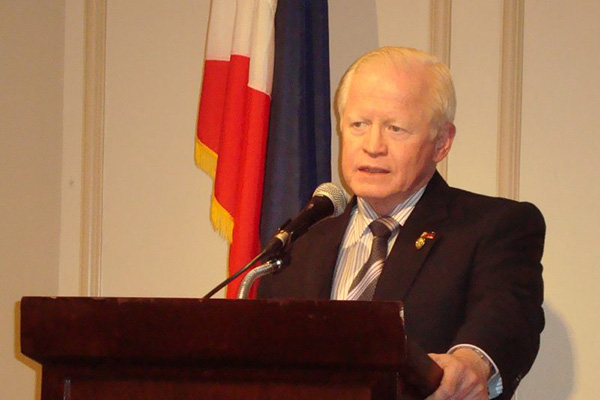DICT positions PH as global leader in ICT

Date:
May 27, 2016
The creation of the Department of Information and Communications Technology (DICT) strategically positions the Philippines as a leader in the dynamic global ICT market, according to Jose Cuisia Jr., Philippine ambassador to the United States.
Cuisia said the creation of the DICT, which has been supported by the United States business community, will support not just the business process management industry where the Philippines is already a leader, but also all other ICT-enabled sectors.
“It will likewise improve overall economic competitiveness through enhanced digital connectivity and integration,” said Cuisia of the enactment into law of Republic Act (RA) No. 10844, or the Department of Information and Communications Technology Act of 2015, signed last May 23 by President Aquino.
“Most importantly, it is hoped that the internet experience of Filipinos, particularly the youth, will be enhanced and thus allow them to use their ideas, creativity and imagination in the world digital economy,” Cuisia added.
RA 10844 provides that DICT will be the “primary policy, planning, coordinating, implementing and administrative entity of the executive branch… that will plan, develop and promote the national ICT development agenda.”
The existing Department of Transportation and Communications will be renamed the Department of Transportation, and all of its communications units will be transferred to the DICT.
The new department’s powers and functions include formulating, recommending and implementing national policies, plans, programs and guidelines that will promote the development and use of ICT, develop and promote ICT education, and provide an integrated framework to optimize state ICT resources and networks.
The DICT will also prescribe rules and regulations for the establishment, operation and maintenance of ICT infrastructure in unserved and underserved areas, including establishing free Internet service that can be accessed in government offices and public areas.
It will likewise provide for consumer rights and welfare; address privacy, security and confidentiality matters; promote ICT trade and investment opportunities; and establish guidelines for ICT public-private partnerships.
Source: http://goo.gl/v4AgRf














